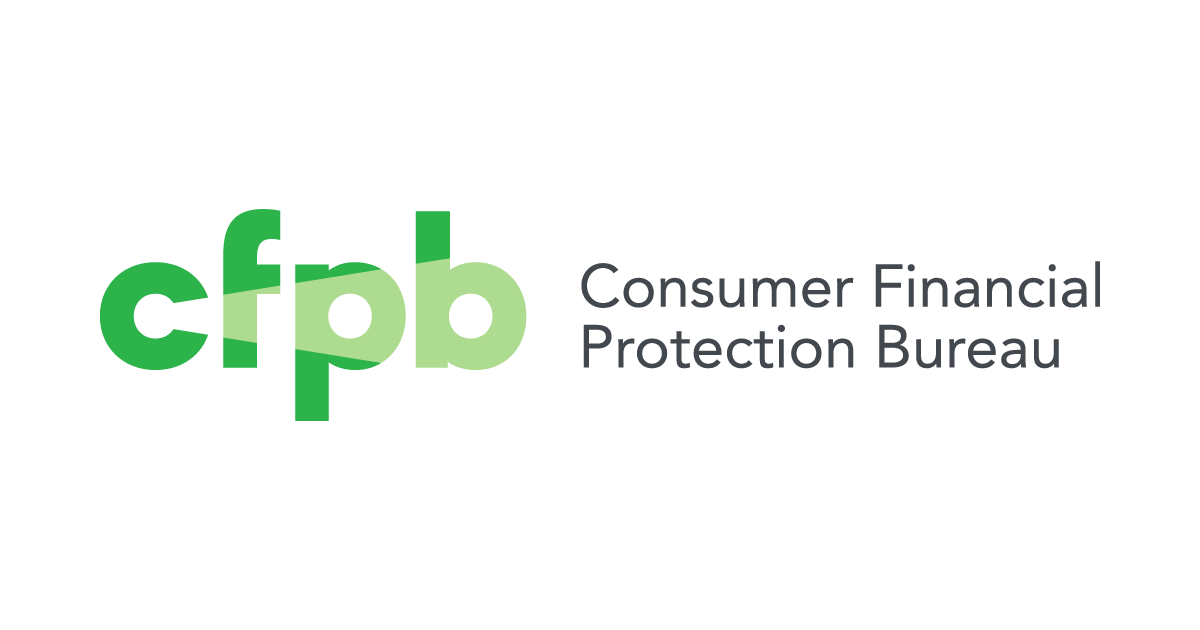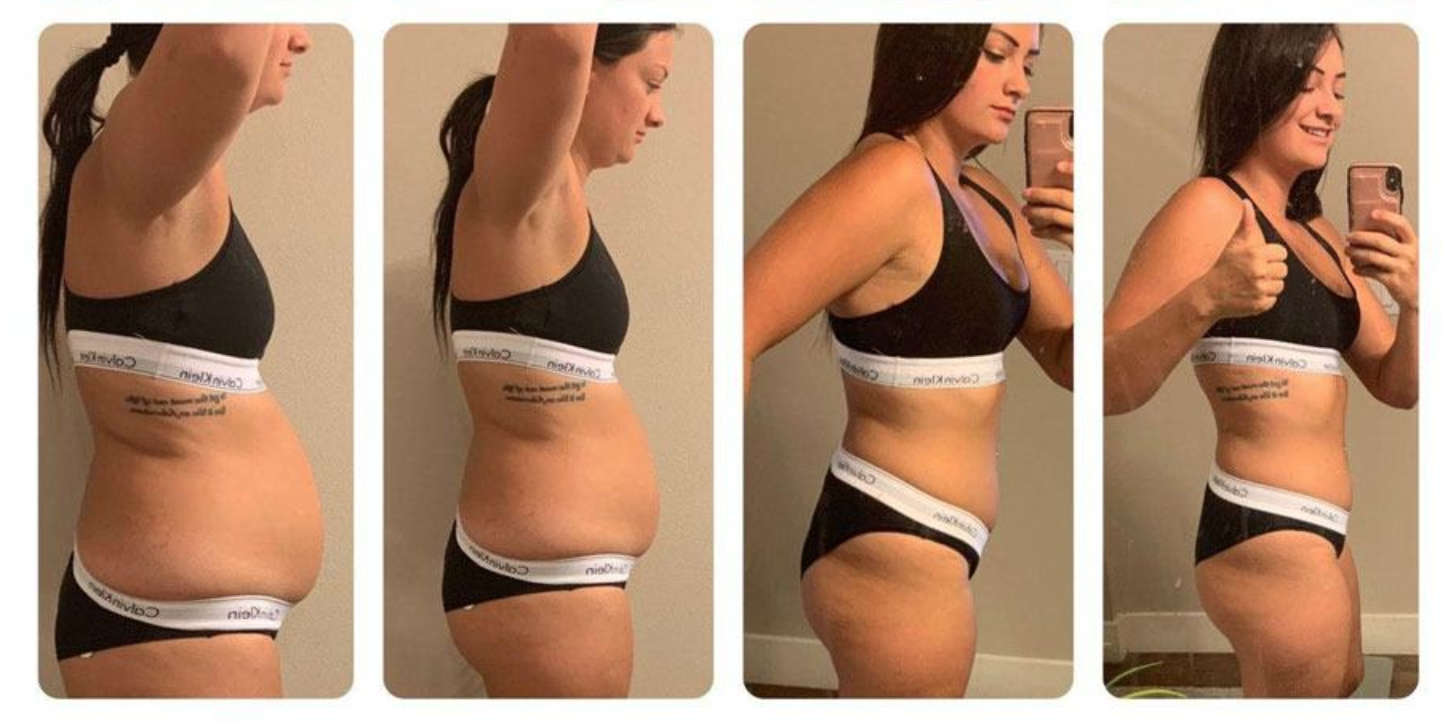
TINA.org Joins Over 300 Orgs. in Letter Urging Congress to Support Financial Watchdog
Legislators should protect the work of the Consumer Financial Protection Bureau.
Just because a weight-loss product or program is all over Instagram doesn’t mean it should be trusted
| Harley Grossman
As a college student, I spend more time than I care to admit on Instagram, DM’ing my friends memes or reels that I find humorous. But recently, we’ve been sharing posts with each other about an apparent weight-loss trend that has flooded our Instagram feeds.
I decided it was time to see what this “miracle” product was all about. Here’s what I discovered when I looked into Sarah’s Discovery.
Turns out, Sarah’s Discovery is not a single product, but rather a regimen that combines drinking apple cider vinegar diluted in water and taking a supplement that is said to curb your appetite. That’s what Sarah Johnson, a “Stanford Masters Student,” claims she did to allegedly lose 25 pounds in 30 days.
But Sarah says she lost the weight without any changes to her daily routine, which is a red flag: According to the FTC, claims that you can lose weight without changing your habits are false.
In fact, there are many red flags associated with the marketing of Sarah’s Discovery on Instagram. Among them:
The moral of the story? Just because a weight-loss product or program is all over Instagram doesn’t mean it should be trusted. The before-and-after photos may be compelling but so are the reasons to do your research before handing over your payment information to a supplement seller online.
Legislators should protect the work of the Consumer Financial Protection Bureau.
Some members of Congress want to kill a popular “Click to Cancel” Rule.
Companies should not be able to trap consumers into subscriptions that they do not want.


